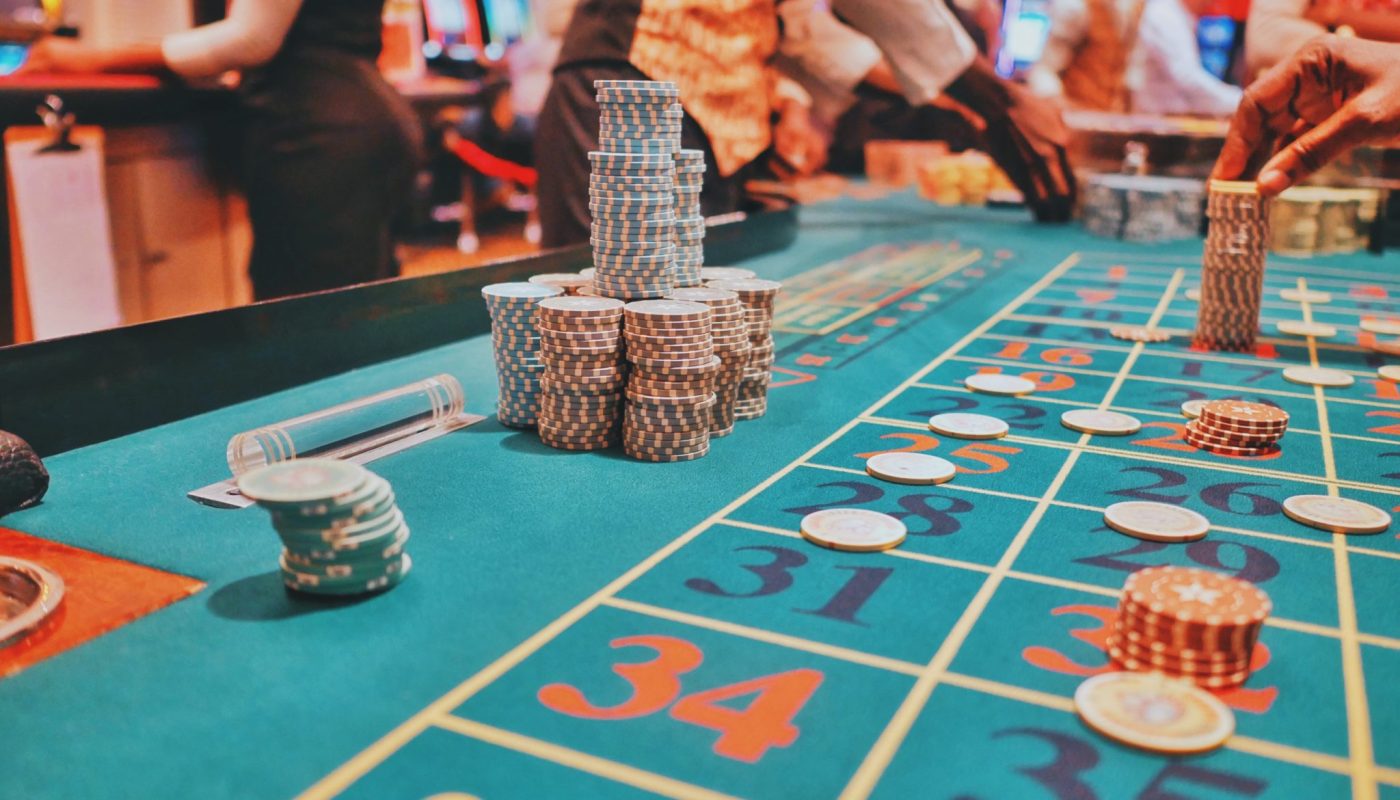When do teenagers start playing?
The majority of Western societies view gambling as a risk-free or low-risk pastime that can be enjoyed by people of all ages. Even though playing the lottery is only for adults, it is common to see parents giving their kids scratch cards or lottery tickets. Research has shown that a large percentage of problem gamblers were exposed to gambling by family members as young as 10 years old.
The majority of gamblers never have any issues; they gamble for entertainment on occasion, are aware that they will probably lose the money they wager, and only gamble with funds they can afford to lose. These individuals return to their usual duties and other responsibilities after playing. However, gambling can have major negative effects on some individuals.
As to why they play?
Contrary to popular opinion, studies and clinical practice indicate that there are other factors at play when juvenile gamblers. To engage in gambling, money is employed as a method of transportation. Young people play for enjoyment, thrills, and financial gain. People with gambling addictions claim that they play in order to forget and escape from their troubles.
Activities depending on skill and chance
Games of chance are those whose outcomes are wholly or partially determined by chance. The likelihood of winning is not increased by practice, and a player’s knowledge or talent has little to no influence on the outcome. All events in luck-based games are distinct and autonomous by nature. Bingo, roulette, the lottery, and slot machines are a few examples.
Games of skill are those in which the player can, at least in part, influence the outcome and where a certain amount of knowledge or talent is necessary. A player can improve with practice. Sports (such soccer, golf, pool, etc.) and other games like chess, various board games, and, to some extent, some card games are examples of games of skill.
Private and public gaming operations
Both legally recognized and illegal (informal) kinds of gambling are practiced by teenagers. Provincial lotteries are provided, managed, and directly supervised by the state or nation. Although there may be regional and national variations, it is generally against the law to allow juveniles to engage in any of these activities. Dice, sports betting, skill-based games, and card games among others are some more non-regulated gambling activities.
What types of gambling do teens favor?
Card games were the most common type of gambling activity among high school students, followed by quick lotteries, skill-based games, sports betting, and bingo. Girls often bet less than boys do, but boys are proportionally more likely to have gambling issues. Boys favor cards, sports betting, and skill-based games, whilst girls choose instant lotteries, cards, and bingo. In addition, boys and girls do not engage in the same kind of gambling activities.




